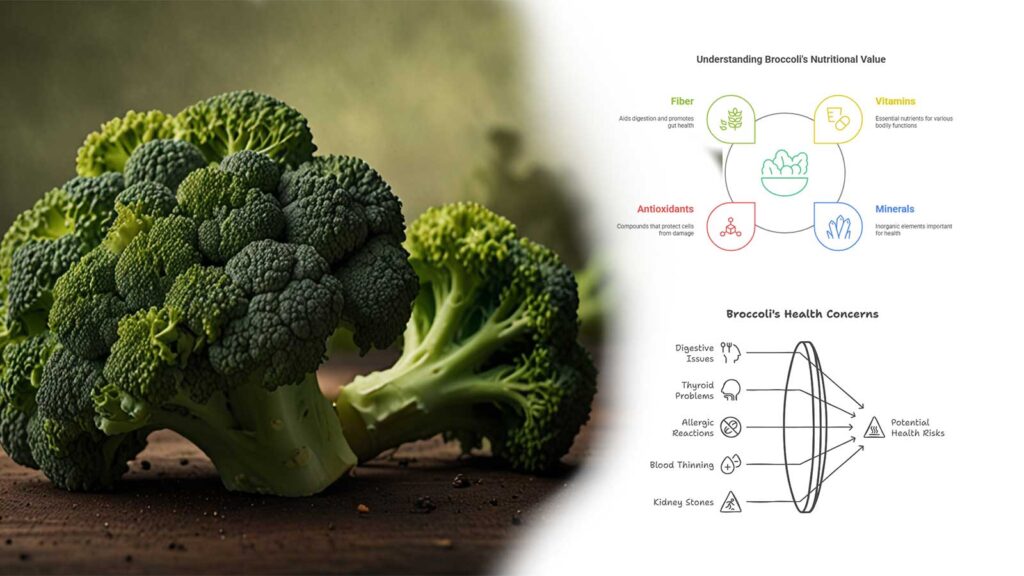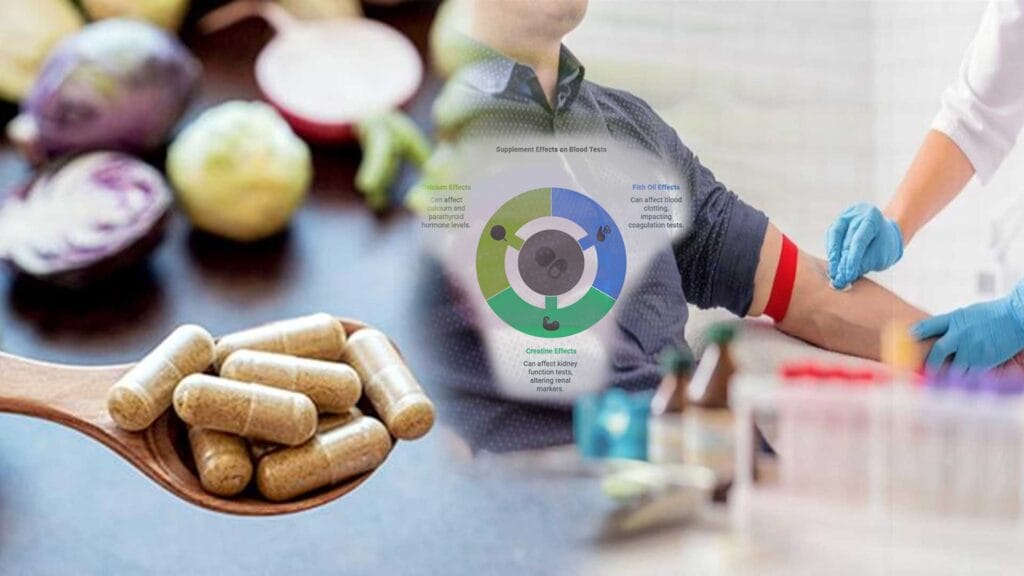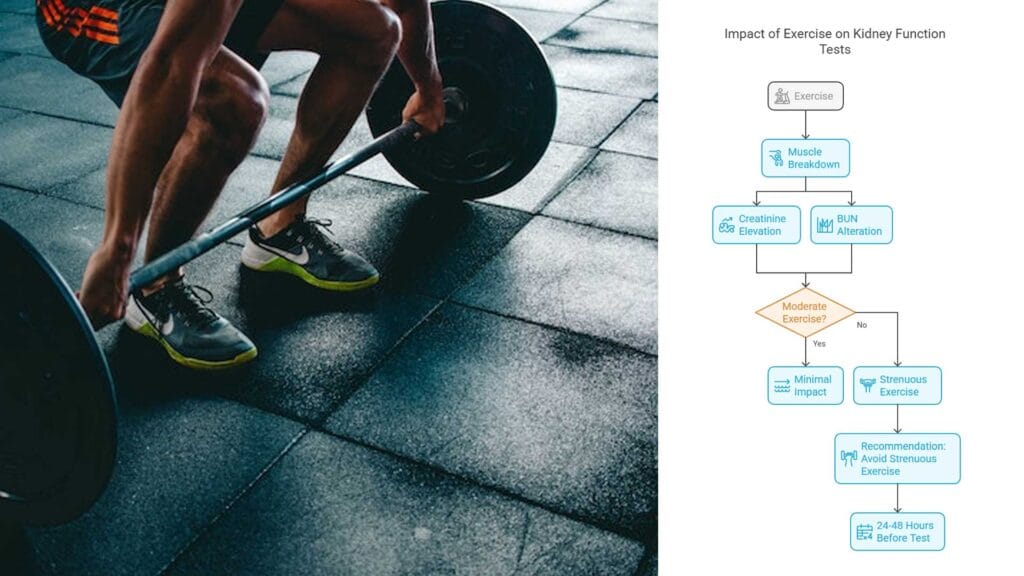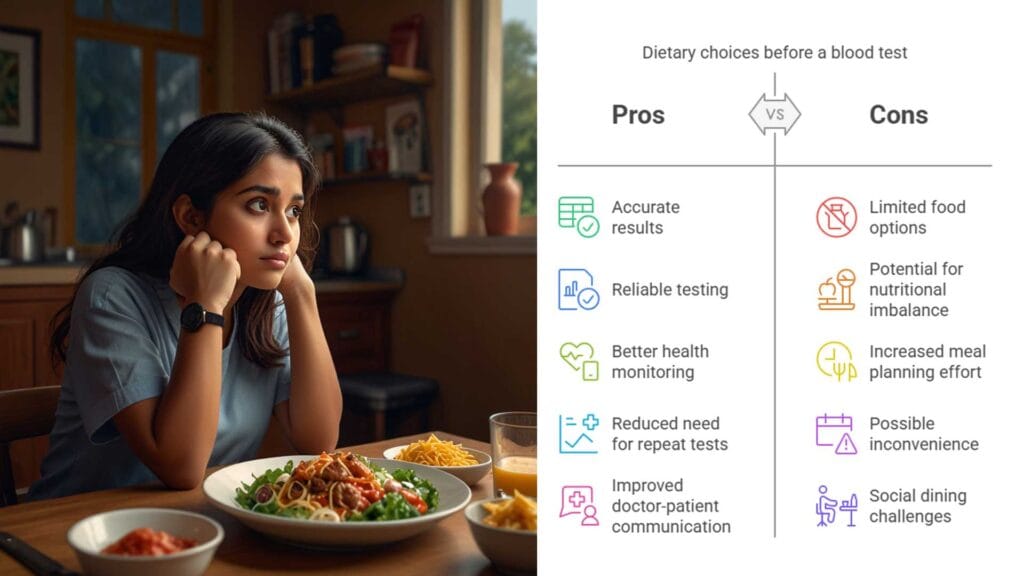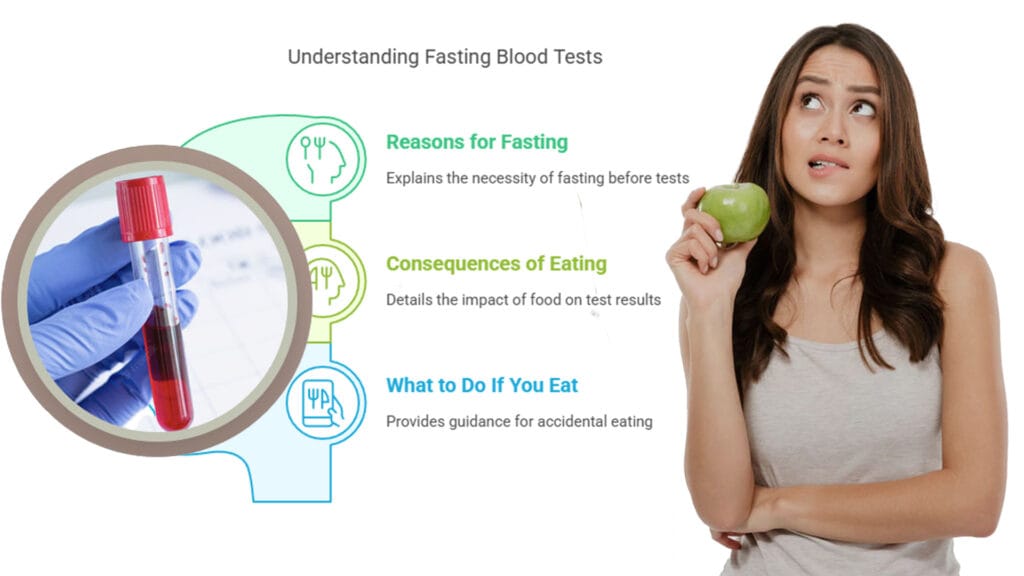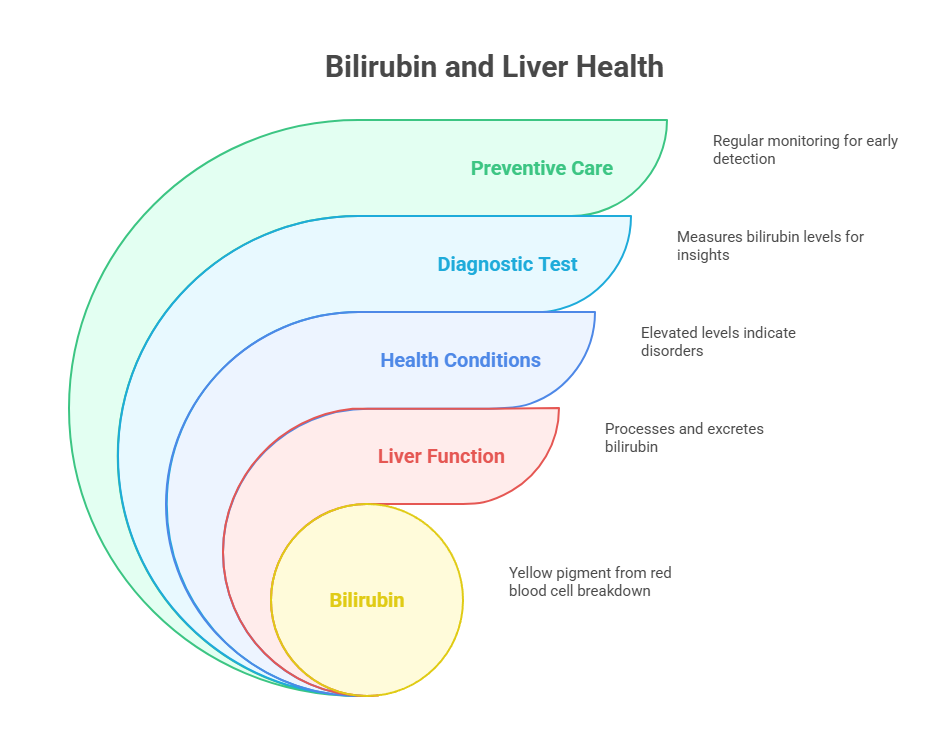
What is Bilirubin Test?
A bilirubin test is used to check the concentration of bilirubin in your body. Bilirubin, a yellow pigment that is made during the breakdown of red blood cells, which finally passes through the liver to get excreted out of the body 1.
A bilirubin test checks for the proper functioning of your liver or bile ducts and can detect underlying diseases or conditions in them. The test results are generally expressed as direct, indirect, or total bilirubin, whereas the total bilirubin is a combination of both direct and indirect bilirubin 2.
About Bilirubin Test
Learn everything about the Bilirubin Test before you book lab test online. Understand the why, how, and what of this test.
What Do Bilirubin Levels in Your Blood Indicate?
Bilirubin levels help in checking and monitoring the functioning of your liver. It also helps in diagnosing the following diseases or conditions 3:
- Jaundice: Jaundice is a disease that leads to yellowing of skin and eyes. One of the major symptoms of jaundice is high bilirubin levels.
- To check for any blockage in your bile duct, liver, or gall bladder
- To check for anaemia, which is caused due to the increased destruction of red blood cells
- To diagnose liver diseases, especially hepatitis, or check for their stage
Causes of High Bilirubin Levels
Several diseases can cause elevated bilirubin levels, and some of these include 4:
- Gallstones: The gallbladder stores bile, a substance that helps in the breakdown of fats. Gallstones are caused due to the deposition of cholesterol or bile in the gallbladder.
- Hepatitis: This is a condition where the liver gets inflated due to some viral infection. In such a condition, your liver can’t process bile, leading to high bilirubin levels in your blood.
- Blockage in the bile duct: When there’s a blockage in your bile duct, it can’t drain properly and therefore increases your normal bilirubin levels.
- Hemolytic anaemia: This condition is caused when red blood cells are rapidly broken down in your body, causing bilirubin levels to increase. This might be a result of an autoimmune disease or viral infection.
- Gilbert’s Syndrome: It is a hereditary disorder of the liver that hinders the proper processing of bilirubin, causing its accumulation in the bloodstream.
- Liver Dysfunction: This refers to any condition that impairs the liver’s function, resulting in a buildup of bilirubin in the blood. This occurs when the liver loses its ability to effectively remove and process bilirubin from the bloodstream. Conditions such as cirrhosis, liver cancer, or autoimmune hepatitis are examples.
- Intrahepatic Cholestasis of Pregnancy: This condition occurs temporarily during the final trimester of pregnancy. It slows down or completely halts the drainage of bile from the liver, making it difficult for the liver to process bilirubin from the blood, which results in elevated bilirubin levels.
Cause of Low Bilirubin Levels
No health conditions directly result in low bilirubin levels. However, certain substances can temporarily reduce them, such as 5:
- Excess caffeine intake
- Nonsteroidal anti-inflammatory drugs like aspirin
- Depressant drug like barbiturates
Low bilirubin levels might also be caused by some autoimmune diseases like rheumatoid arthritis, lupus, polymyositis, and Sjogren’s syndrome 6.
Why Do Doctors Recommend a Bilirubin Test?
A bilirubin test is used to diagnose liver diseases. Also, the test is commonly used to help diagnose newborn jaundice 7. You must take a bilirubin test in the following cases 8:
- If you are suffering from jaundice, stomach pain, or passing dark urine. These can indicate severe liver problems
- To check if there’s a blockage in your bile duct
- To check the progress of any existing liver condition
- To check for conditions like hemolytic anaemia, where red blood cells are rapidly destroyed by the body
How To Prepare For the Bilirubin Test?
The steps below help you ensure that your Bilirubin test provides the most accurate information about your liver health.
- Fasting requirements: Bilirubin tests may require fasting for a certain time before the test. Follow the doctor’s instructions regarding the duration of fasting for the correct result.
- Medication guidelines: Tell your healthcare provider about all the drugs, supplements, or herbal remedies you are taking, as some substances may affect test results. Follow any specific instructions regarding drug adjustment before testing.
- Contact the doctor: Share your entire medical history with existing liver conditions or symptoms to help explain test results.
What Happens During Bilirubin Testing?
A Bilirubin test only takes a few minutes.
- As per the scheduled time of the blood test, a Lab Technician who usually takes blood samples will arrive.
- A thin needle will be used to draw blood from your arm’s vein.
- The needle might cause a mild pinch and some discomfort.
- The lab technician then fills a collection tube with blood and then removes the needle from the skin.
- They place a small bandage on the arm.
Please note: There might be slight pain or bruising at the insertion spot, but most of the symptoms go away quickly.
Finding Bilirubin Test
Should you book blood test online to check your health condition or go to the nearest clinic and get it done by a medical professional? Let’s Find Out
Can I Take a Bilirubin Test At Home?
Yes, the Bilirubin Test can be taken at home. HealthcareOnTime’s at-home lab testing service, in association with thyrocare, provides a convenient and efficient way to get blood testing done from the comfort of your own home without the need for a doctor’s visit or a trip to a lab. It’s important to note that it’s always a good idea to consult with an expert healthcare provider about any queries you may have about your test results.
How Much Does Bilirubin Test Cost?
The Bilirubin test price varies significantly depending on many factors:
- Location: The Bilirubin test prices in India may vary depending on the city or the region in which the test is conducted. For example, in Bangalore or Mumbai, it might be expensive compared to small towns.
- Type of facility centres: The Bilirubin test cost also varies between private hospitals, government hospitals, and diagnostic centres. Cost is lower in government hospitals as compared to private ones.
- Healthcare centres: Diagnostic centres, laboratories and hospitals may have different Bilirubin test prices. It depends upon the benefits and reputation of the healthcare centre.
- Insurance Coverage: Individuals with health insurance can cover partial or all costs depending on their policy coverage and network providers.
- Additional services: Additional services such as home sample collection, express test results, or additional charges for special management may be paid, which contributes to the overall Bilirubin test price.
Generally, the Bilirubin test cost in India ranges from Rs. 100 to Rs. 500. By opting for HealthcareOnTime lab test at-home facilities, you can access the Bilirubin test at the cost of INR 200.
Test Results Interpretation
You received your bilirubin test results but still need help determining if they fall under the normal range. Read this section to know if your results range between the normal bilirubin value.
What Is a Bilirubin Test Normal Range?
The normal range for bilirubin levels can vary slightly among different laboratories, but generally, below is the normal total bilirubin range for adults11:
| Type of Bilirubin | Normal Range (mg/dL) |
| Total Bilirubin | 0.3 to 1.0 |
| Direct (ConjugateBilirubin | 0.0 to 0.3 |
| Indirect (Unconjugated) Bilirubin | 0.2 to 0.8 |
Your total bilirubin level is the sum of two components: indirect and direct bilirubin. If your total bilirubin test is abnormal, doctors might need to measure these two parts separately to understand the cause.
Newborn bilirubin is normal up to 12 mg/dL, but levels exceeding 15 mg/dL within 48 hours or 20 mg/dL after 72 hours may require treatment to prevent brain damage12. Elevated bilirubin levels cause yellowing of the skin and eyes (jaundice), which requires a doctor’s evaluation. Early diagnosis can identify underlying conditions.
What are Considered High Bilirubin Levels?
Bilirubin levels above 1.0 mg/dL in adults are considered to be high bilirubin levels, whereas, in newborn babies, a concentration of more than 15 mg/dL has elevated bilirubin levels.
What is Considered Low Bilirubin Levels?
The normal results of the blood test for bilirubin levels in adults are 0 to 0.3 mg/dl. If the bilirubin level is lower than normal, it may be due to certain medications or caffeine.
More Related Tests
Why To Book with HealthCareOnTime

17 Crores+ Samples Processed

World Class Technology Labs

25+ Years of Trust & Experience

Free Home Collection
FAQs Around Bilirubin Total
What is the normal range of bilirubin in newborns?
The normal range of bilirubin in newborns should be 12 mg/dL. Any level beyond this can indicate newborn jaundice or other liver problems.






